Have you ever struggled with your writing assignments? Essays, reports, term papers… There are so many various types of academic writing.
Now it’s time to throw out all those struggles because we’ve picked 198 writing tools and resources that will help you to enhance your studies.
Check them out now!
Academic Papers: Feel the Difference
What’s the difference between an essay and a research paper, a term paper and a critical academic paper?
Each type of academic assignment has a specific purpose and helps students develop their analytical and writing skills in unique ways.
Knowing the various types of academic writing is essential because each university and college has its own specific standards for assignments.
With the help of this chapter, you will understand the difference between the basic types of academic writing.
Let’s start our short overview:
Essay
The purpose of the essay as an academic paper is to defend an argument, state a personal opinion, or answer questions on a topic by providing supporting evidence.
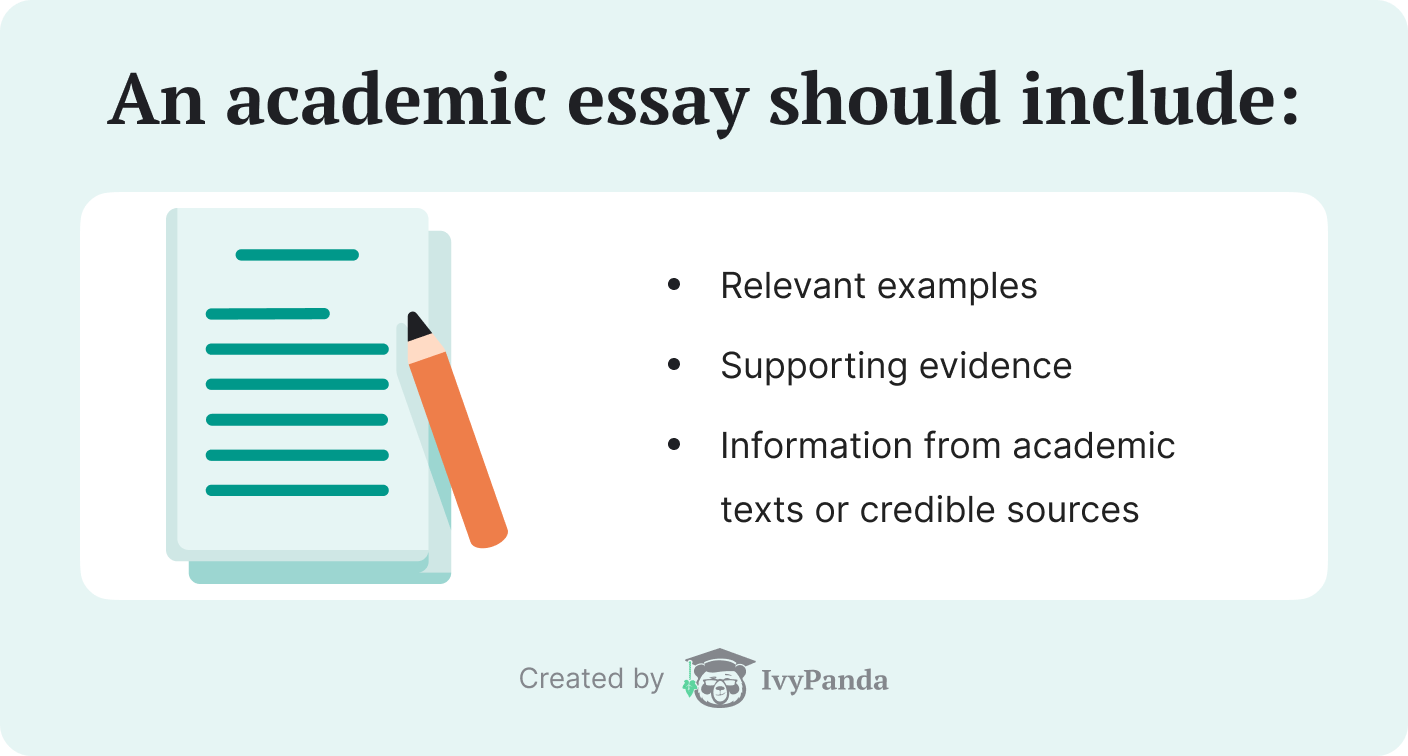
Essays are the most popular type of academic writing. Depending on the purpose, there are many different types of essays: descriptive, critical, admission, personal, comparison, cause and effect, and so on.
Typically, an essay will be around one page in length or between 1,500 and 6,000 words.
Check out these resources to get a better understanding of which elements to use in your next essay:
- Essay Basics | SUNY Empire State College
- Basic Essay Format | Utah Valley University
- How To Write an Essay |Thought.Co
- The Basics of Effective Essay Writing | Education Corner
Research paper
A research paper is another type of academic writing. It is based on the author’s original research on a specific issue, as well as an analysis and interpretation of the research findings.
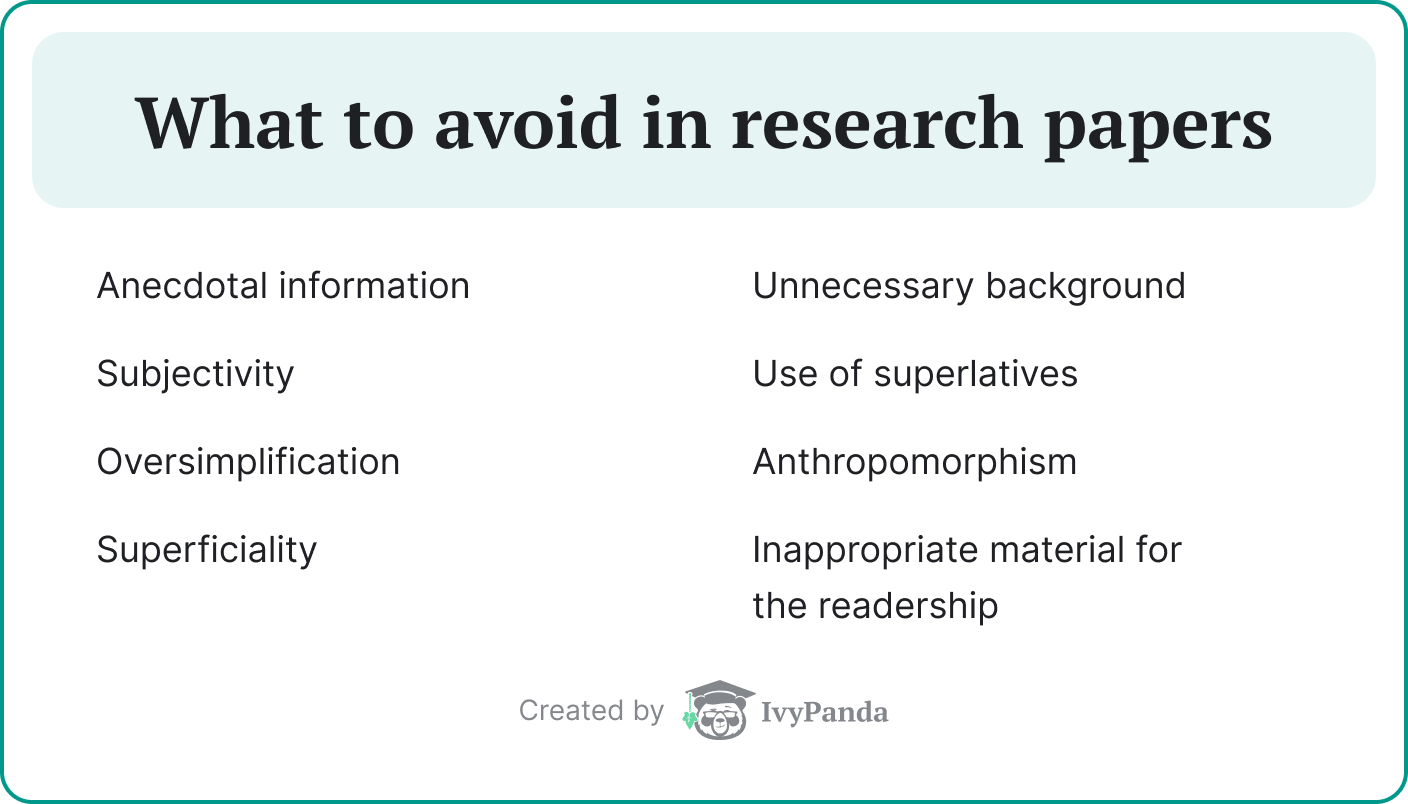
- Research Paper Basic Guidelines | Iowa State University
- Ten steps for writing research papers | American University
- Make your online research more effective [8 super hacks] | IvyPanda
Reaction or response paper
Sometime during your studies, you will surely be asked to write a response or reaction paper. These types of assignments are just what they sound like. You have to write down your thoughts and feelings related to an assigned text or film.
Review the following guidelines to use when reacting to text or film content:
- Writing Summary, Analysis, Response Papers | Owlcation
- Writing a Response or Reaction Paper | Hunter College
- 10 tips for writing a good reaction paper | Honest College
- Response Paper | Duke University

Term paper
This type of academic assignment is written once a semester or term. Why do students need to write term papers?
The bottom line is…
By writing a research term paper, you’ll deepen your knowledge base of the course content, increase your proficiency level in that subject area, and sharpen your analytical, research, and writing skills:
- Term paper guidelines | College Of Social & Behavioral Science – The University of Utah
- Guideline for writing a term paper | Universität Freiburg
- Essays and Term Papers | College of Earth and Mineral Sciences PSU
- Term Papers Online: 99+ Sites for Your FREE Paper | IvyPanda
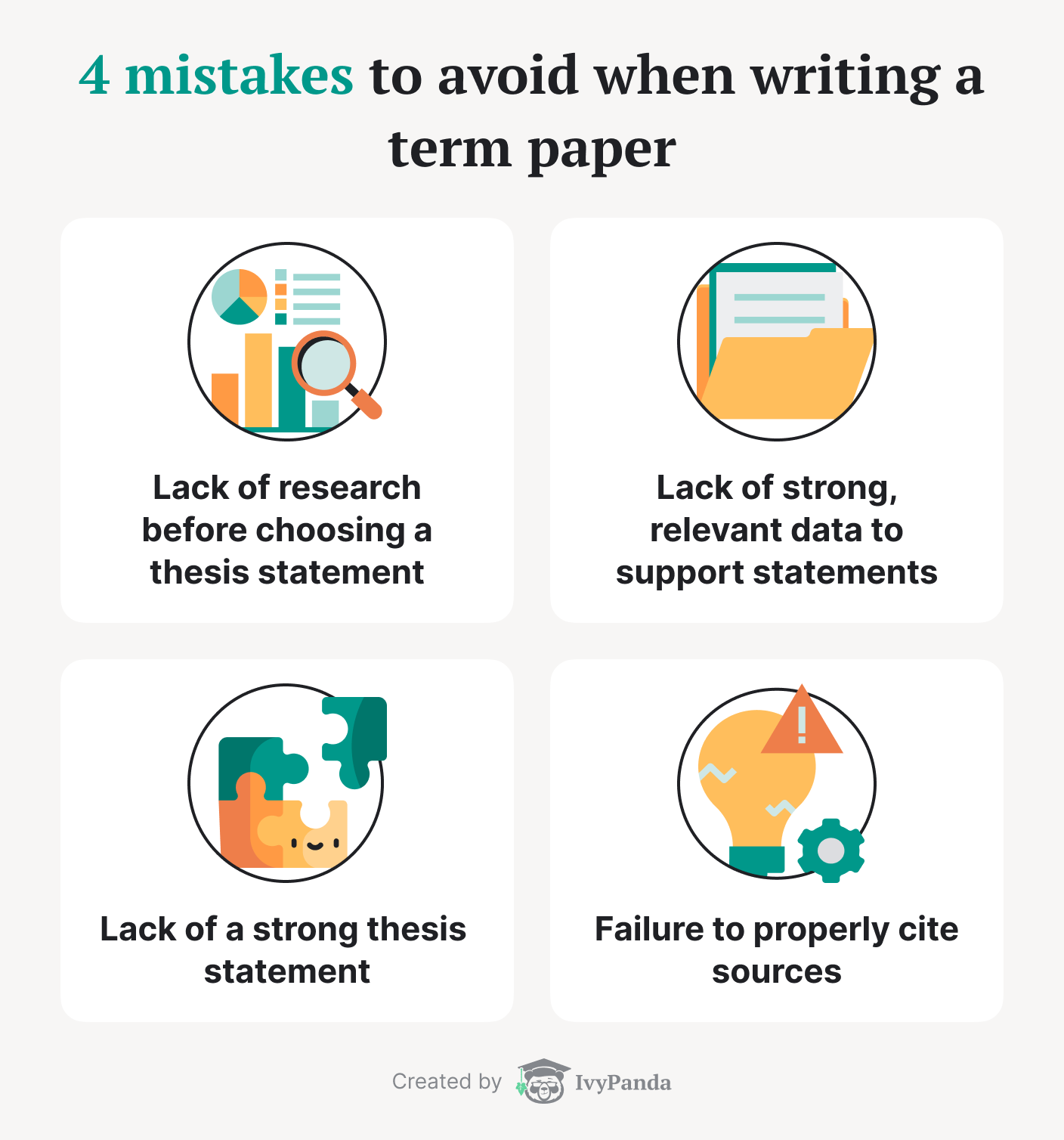
Book or movie review
During your career as a student, you may be assigned a book or movie review. A typical book review contains three essential parts:
- A short summary of the book
- Your critical assessment of the content
- A conclusion about the meaning or significance of the author’s argument
Typically, the length of a movie or book review is about 750 – 1,000 words.
- Writing Academic Book Reviews | USCLibraries
- Book Review Guidelines | Georgia Southwestern State University
- Book Reviews | GoodReads
- Movies and TV shows database | IMDB
Synthesis essay
When you’re instructed to write a synthesis essay, you should focus on comparison and contrast, division and classification. Synthesis essays can be both informational and persuasive. The main difference is in how you present your ideas and arguments.
Want more information? Just check out these guidelines:
- Help…I’ve Been Asked to Synthesize! | Bowling Green State University
- Synthesis Introduction |Lumen Learning
Annotated bibliography
An annotated bibliography is a list of sources that includes short evaluations and descriptions of each source. Don’t forget to choose the right formatting style!
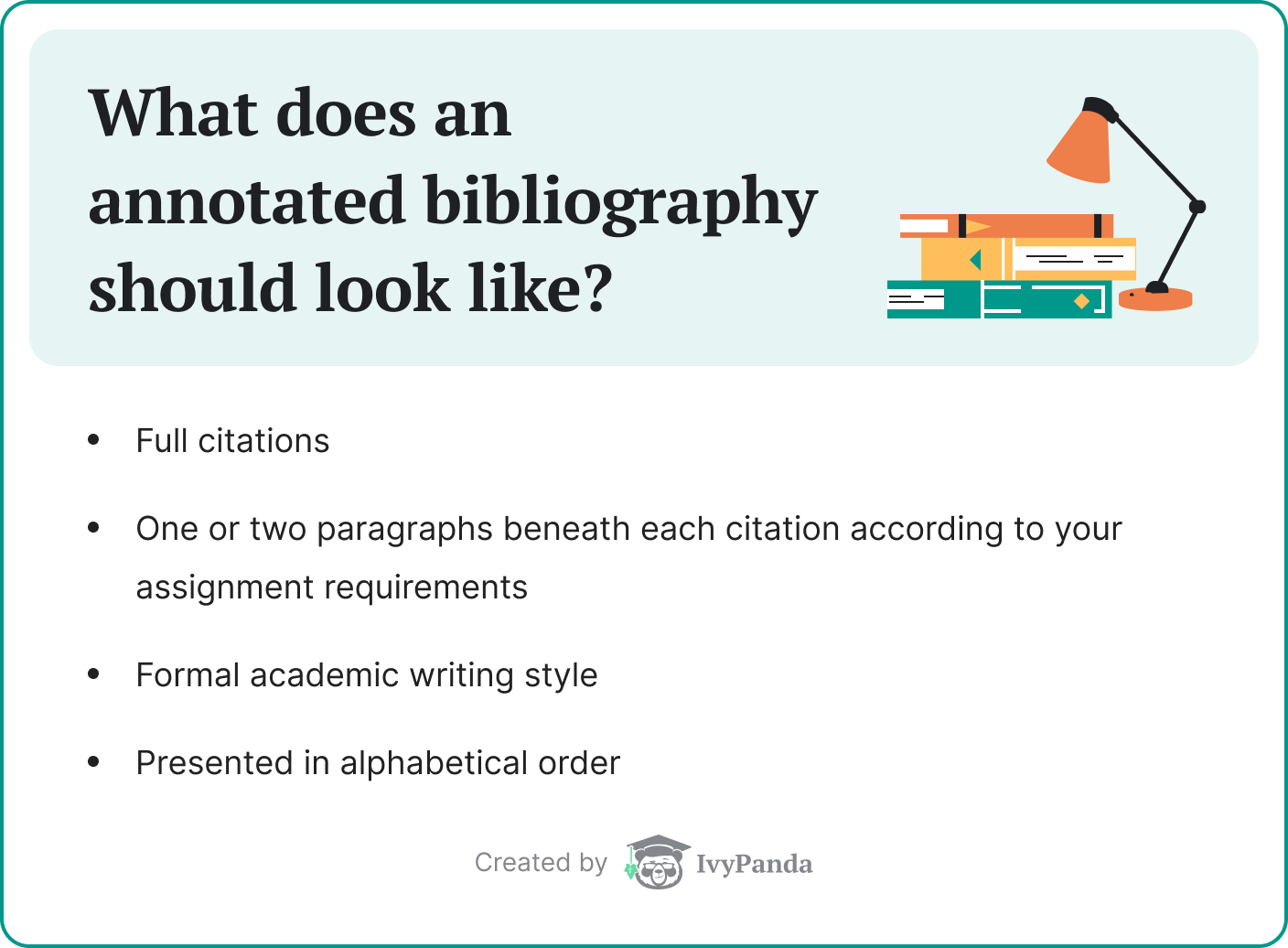
- Basics of Annotated Bibliographies | Walden University
- Information Literacy 101 – The Basics of Using the Salmon Library | The University of Alabama in Huntsville
- Bibliography and Annotated Bibliography | Eastern Institute of Technology
- How to Prepare an Annotated Bibliography: The Annotated Bibliography | Cornell University
Writing a Paper: Choose Your Topic
Choosing the right topic accounts for almost 50% of any assignment’s success. Nevertheless, selecting a subject can be a difficult task, even for an experienced researcher.
You may ask…
What should I do?
Here are three simple steps for finding good writing ideas:
- Within the content of the course, pick something that appeals to you.
- Analyze the chosen topic. Is it too broad? Don’t try to embrace a topic that’s too large.
- Check whether there are enough resources for your research topic.
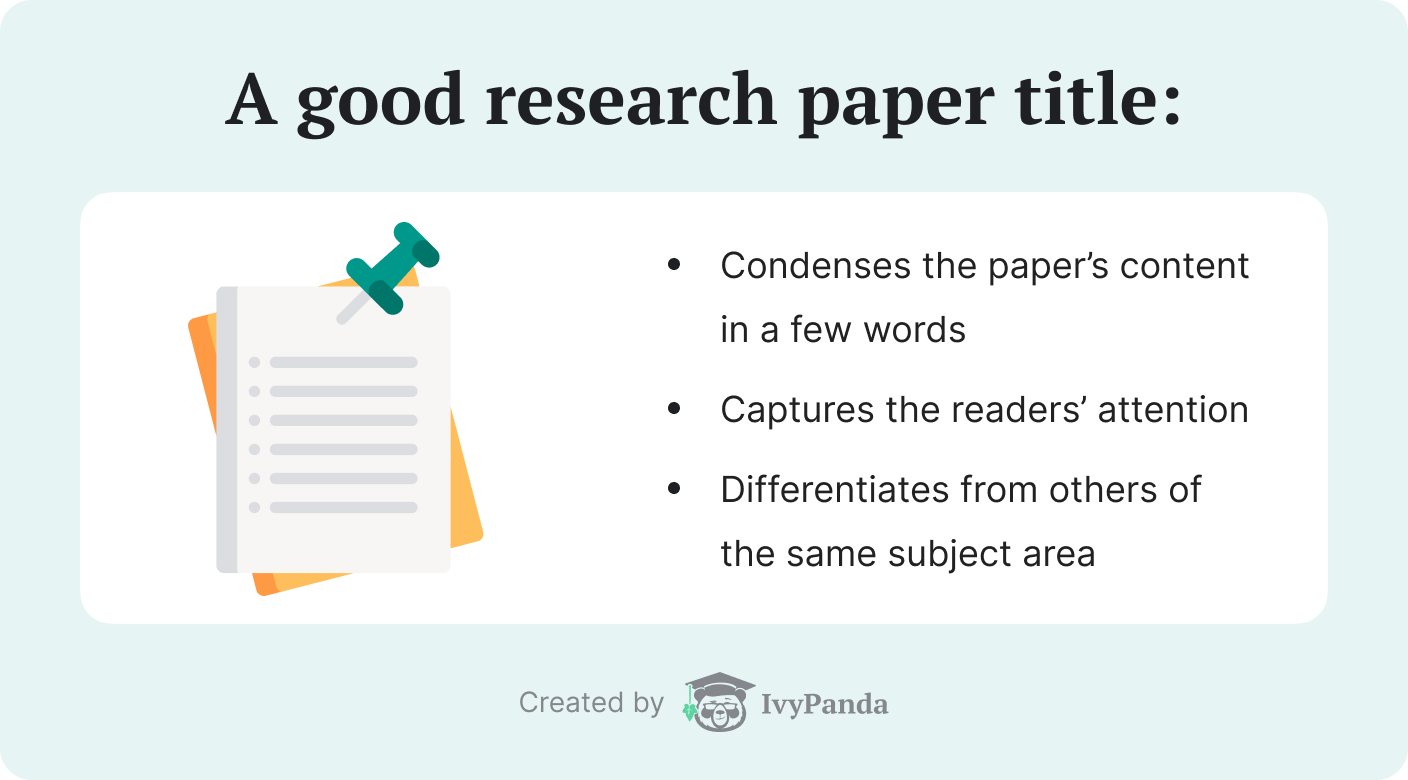
This all may seem easy to say. But there are a few common mistakes you should avoid when choosing good research topics:
- Don’t select a tedious subject just because it seems simple to write about. When you’re bored with the issue you’ve chosen, you’re more likely to compose a dull, colorless assignment.
- Don’t choose too original of a topic. You may not find enough sources for your research.
- Don’t hesitate to ask your professor for advice on what subject to write about.
Here are more useful resources on choosing research topic ideas for your next writing assessment:
- Choosing and Narrowing a Topic to Write About (for Research Papers) | Sophia
- Choosing Research Paper Topics: Reading for Information | Write.com
- Organizing Your Social Sciences Research Paper: Choosing a Title | USC Libraries
If you still have no idea where to start, try the tools below:
Writing a Paper: Research Your Topic
Well, you’ve picked your essay topic. What’s next?
Time to do some research.
First of all, don’t leave your assignment until the last minute, because you may need more time than you expected.
The second step to successful research is to understand your research question thoroughly. If you skip this essential step, you may end up taking the wrong direction with your research.
Third, clarify what you already know about the topic and identify any informational gaps. Doing this will help you narrow the research you need to do.
Fourth, while doing your research, don’t forget to take notes as you go along. Write only fragments that can help you answer the essay question. Research a range of perspectives on the chosen problem.
Want more?
Here are some guides on how to gather the information for your paper:
- Strategies for Gathering Reliable Information | University of Minnesota
- 6 Tips to Finding Research Paper Sources that Set You Apart | StudyRight
Moreover, we believe that you’ll want to use the tools listed below:
- Google Scholar
- ERIC (Education Resources Information Center)
- Microsoft Academic
- Wolfram Alpha
- iSEEK Education
- ResearchGate
- Zotero
- Qiqqa
- Hyper Articles en Ligne (HAL)
- MEDLINE®
- DataElixir
- Scizzle
- MyScienceWork
- LazyScholar
Writing a Paper: Boost Your Creativity
First and foremost, what you need to do is overcome your writer’s block. Have you ever felt like you just couldn’t write even a single sentence?
Most writers share a fear of the blank page.
Think about the concept behind the assignment. You may want to begin with a brainstorming session. Take a look again at the notes you took while doing research. Check out some essay samples. Use a mind map to generate writing ideas and plan your future essay:
- 10 Ways to Use a Mind Map | SmartDraw
- 10 Longtime Brainstorming Techniques that Still Work | Inc.
- The Complete Guide on How to Mind Map for Beginners | IQMatrix
- Effective Brainstorming Techniques | Medium

You may also want to use these free writing tools for brainstorming:
- IdeaBoardz
- LucidChart
- SpiderScribe
- Freeplane
- Coggle
- MindMup 2
- Mind Maps | GoConqr
- WiseMapping
- Imagination Prompt Generator
Do you want even more creative writing tips? Just look through these guides and strategies:
- 13 Ways to Make Your Writing More Interesting to Read | Oxford Royale Academy
- 10 Tips on How to Write Without Distractions | WriteToDone
- Time Management: The Essay Writing | College Essay Advisors
Writing a Paper: Make a Draft
So, you’ve chosen your essay topic, created your mind map, and done thorough research.
What’s your next step?
Time to write the first draft.
Compose a draft assignment
Let’s take a closer look at the drafting process. A draft is simply a rough sketch of your writing assignment. Try to write it as fast as possible. This can prevent you from losing interest.
Here are some useful guides on writing your first draft:
- Creating a Rough Draft for a Research Paper | University of Minnesota
- Dos and don’ts of writing the first draft of your science paper | Elsevier
- Putting pen to paper: How to write a rough draft | Inklyo
- Essay Writing Basics: The Fast First Draft | My College Advice
You may ask:
Are there any free writing tools to help with drafting?
Sure! Check out these apps:
While writing your draft, be sure to structure it!
Start with an outline
Make a list of 3 – 5 crucial essay points. Put them in a logical order. Then write 3 – 5 subpoints below each point. These subpoints should support the logic of the main point:
- Prewriting and Outlining | University of Maryland
If you wish to automate the outlining process, the tools below will come in handy:
Abstract
Your professor may ask you to include a summary of your assignment, or an abstract, with your research paper. An abstract is usually one paragraph of 300 words or less that introduces:
- The purpose of your research and the issues you investigated
- The basic structure of the essay
- Significant trends or findings from your research
- A summary of your conclusions
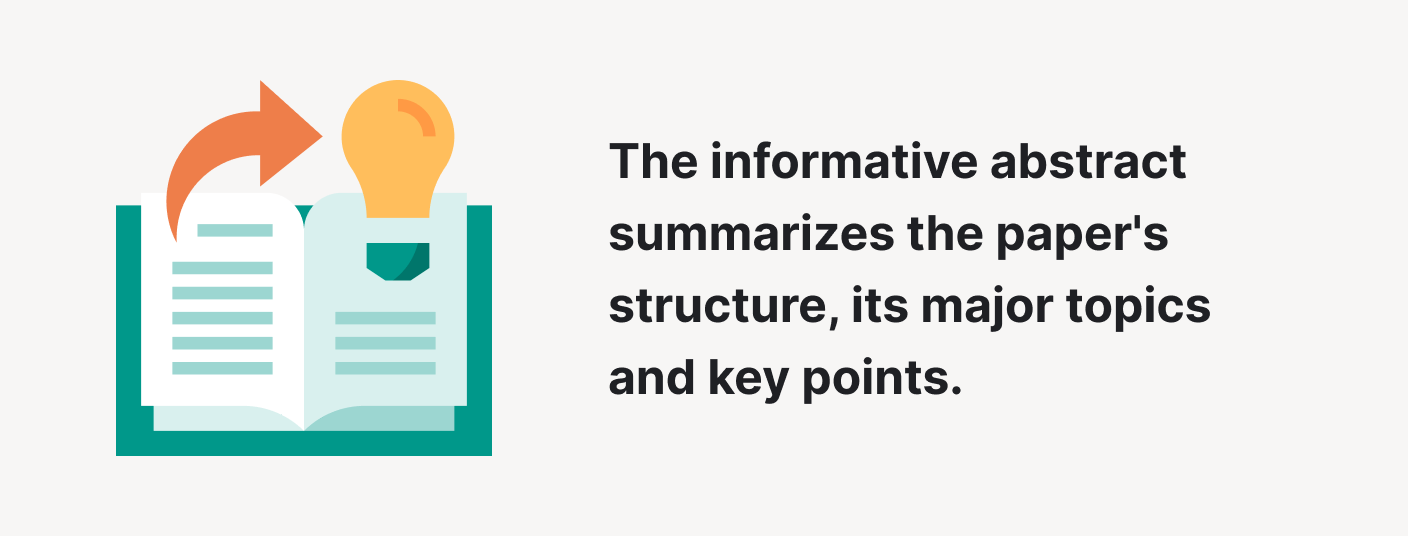
Here are few useful guides and tools to help you write an abstract:
- How to Write an APA Abstract | Verywell mind
- How to write a scientific abstract in six easy steps | Serendipity
Do you need an online summarizer? Pick it up from the list below:
Introduction
Consider the introduction to be a plan that must answer the following questions:
- What was my research about?
- Why did I choose to investigate this topic?
- What did we already know about this issue before I conducted my research?
- How will my research boost new points of view or new knowledge?
For more advice, check out these academic writing sources:
- How to Write an Introduction | Explorable
- 10 tips for writing an effective introduction to original research papers | ThinkScience
- How to Write an Effective Introduction for a College Research Paper | Pen and The Pad
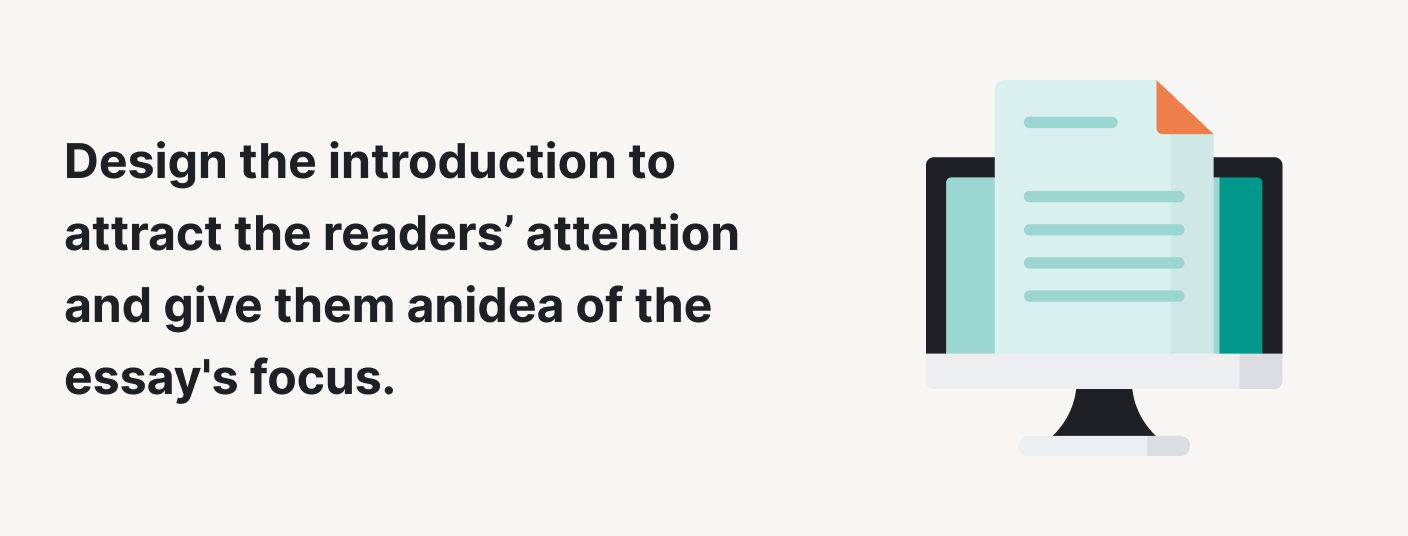
Body
Writing the body for an essay is often one of the most complicated parts of the assignment.
What should you do?
First of all, look back at your outline. You may use it as a guide. When writing the body of your essay, you should not only expand your opening statement but also dive into the research methods you used and give answers to the questions you examined.
Look through the guides below to ace your essay body writing:
- How to write a good paragraph | TU Eindhoven
- The Secrets to Good Paragraph Writing | Time4Writing
- Strong Body Paragraphs | University of Washington
- ICE: Introduce, Cite, and Explain Your Evidence | Penn State Abington
Conclusion
Now you’ve come to the last (but not the easiest) part of your assignment.
When writing an essay conclusion, you should not merely summarize the main topics covered, but also synthesize the key findings of your research and recommend new ideas for future investigation of selected issues:
- Essay Conclusions | UMUC
- Introductions and Conclusions | University of Toronto

Do you want more tips and hints on academic writing?
Just keep reading!
Try to avoid passive voice
Using the passive voice makes your academic writing assignment sound indefinite and less direct. This may cause the paper to lose the reader’s attention.
But…
There are a few situations where the passive voice in writing may be appropriate:
- Using the active and passive voice in research writing | Editage
- When To Use The Active Voice | College of Earth and Mineral Sciences PSU

If you decide to wipe out the passive voice from your writing, use one of the tools below:
Eliminate clichés
Clichés are a part of our daily life—that’s why they’re clichés! But when you are writing an academic assignment, you’d better avoid using them.
Why?
It’s simple. Clichés can irritate people and make you seem like a lazy writer who lacks careful thought. So it’s better for you to learn how to avoid writing cliches:
- What is cliché? Cliché examples (and how to avoid) | Now Novel
- 5 College Essay Clichés You Should Avoid | Stanford University
If you want to quickly find a cliché in your writing, check these services:
- Cliche Finder
- Cliche Finder – S. Morgan Friedman’s
- Cliché Finder | Writerly Words
- Pro Cliche Finder
- Cliche Finder

Use metaphors and similes correctly
Similes and metaphors are similar, but they’re not the same figures of speech.
Metaphors equate things for a descriptive purpose, while similes compare something to something else using the words like and as.
Browse through these guides to learn how to improve writing using good similes and metaphors:
- How to Use Effective Metaphors in an Essay | BookRags
- Using Metaphors When Writing A College Essay | CollegeLax
- 100 Metaphor Examples | EreadingWorksheets
- How to Spice Up Your Writing With Similes and Metaphors | HobbyLark
Keep sentences short
Using sentences that are too long in academic papers may decrease the quality of your writing. The logical flow will be disrupted.
At the same time, however, using too short sentences might sound like you can’t link words correctly or have a poor language level.
Learn more about sentence length here:
- Editing Tip: Sentence Length | AJE
- Sentence Length | GrammarGirl
Good news! You don’t need to count each word in your writing. Just use the tools from our list below:
Write clearly
To write precisely, you should cut out unnecessary words and create strong mental pictures.
Discover how to write concisely and clearly:
- 8 Steps to More Concise Writing | Daily Writing Tips
- Writing Concisely | UNC Writing Center
- Writing clearly and concisely | The University of Arizona
Avoid overused words
In academic writing, it’s crucial to avoid overly vague, exaggerated, informal, subjective, generally incorrect, and unnecessary words and phrases.

Below are some lists of words that you should cut out from your essay:
- 18 Overused Words to Replace When Writing | Oxford Tutoring
- Overused and Tired Words | ThoughtCo
- 44 Overused Words & Phrases To Be Aware Of (Infographic) | GrammarCheck
You can use web apps below to replace overused words in your essay:
Use abbreviations properly
Abbreviations are shortened words or phrases, and they come in many forms: initials and acronyms, Latin abbreviations, titles, measurements, dates, and so on.
These guides will help you figure out how and when you should use them in your assignment:
- Grammar: Abbreviations and Acronyms | GCFLearnFree
- When is it appropriate to use abbreviations? | APA Style
Writing a Paper: Check Grammar and Punctuation
When you have a lot of classes to attend, tests to prepare for, and papers to write, it’s no wonder that foolish grammar mistakes can easily slip into your assignment.
When using grammar checkers, you should keep in mind these simple tips and hints:
- Most grammar checkers are useful for finding subject/verb issues and reducing the passive voice but are extremely poor at recognizing the proper use of articles.
- Use a grammar checker to detect your typing errors, such as an unintentionally repeated word, an unnecessary space before a comma, a sentence with no end punctuation, etc.
- Don’t eliminate a manual check of your assignment. You can ask your friend to conduct a grammar check of your essay or ask IvyPanda’s Academic Experts for proofreading.
You may also want to try these free grammar tools for writing:
- Grammarly
- SpellCheckPlus
- GrammarCheckForSentence
- Ginger Grammar Checker
- GrammarLookup
- Punctuation Check
- Hemingway Editor
- Sentence Checker
- After the Deadline
- LanguageTool
- Virtual Writing Tutor
Writing a Paper: Say No to Plagiarism
And the last but not the least thing that scares most students is the risk of being involved with plagiarism.
How can you avoid this?
Try these simple ways:
- Paraphrase original texts using your own words.
- Put quotes into your paper.
- Summarize the original document or book.
Bottom line?
Don’t forget that any borrowed material must have a proper citation. Be sure that you present any relevant features of other authors’ publications in your own words.
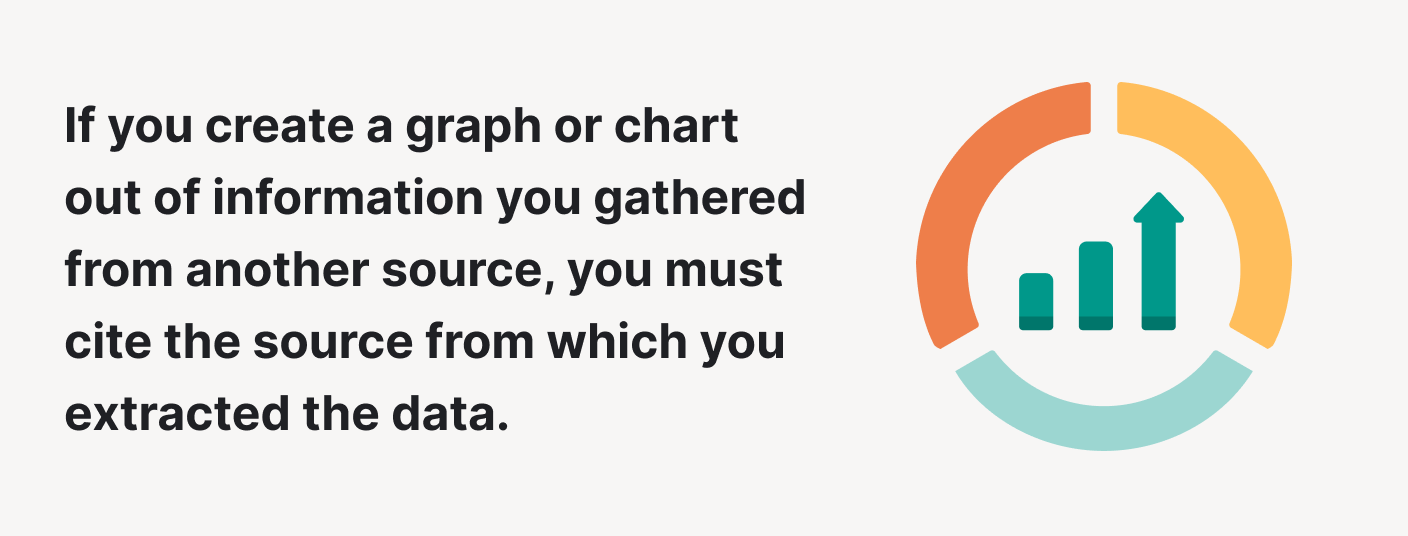
In terms of which citations styles to use, it usually depends on the discipline involved. For example:
- Modern Language Association (MLA) style is usually used in the Humanities.
- Chicago style citation should be used when writing Fine Arts, History, or Business assignments.
- American Psychological Association (APA) style is applicable for Sciences, Psychology, and Education academic writing.
For properly cited sources, use these bibliography citation makers:
- Citation Generator
- Citation Builder | NC State University
- KnightCite | Calvin College
- Bibme
- Citation Machine™
- Citavi
- CiteThisForMe
Remember!
Plagiarism is a quite critical ethical offense for a student. It is recognized as a violation of academic honesty principles. Because it’s so important, you should never forget to check your assignment for any uncited borrowings.
There are a lot of paid and free writing software that will check your assignment for plagiarism.
We are sure that you may want to try one of these online tools for students:
- PaperRater
- Copyleaks
- DupliChecker
- Plagiarisma
- PlagiarismChecker
- PlagScan
- PlagTracker
- Quetext
- EndNote
Bonus: 29 Must-Have Apps for Every Student
Do you want more online writing tools for students?
We’ve gathered a few of the best writing apps and tools that will come in handy for you and your friends:
- WorkFlowy. Shape your thoughts by creating structured plans and outlines for your academic assignments.
- CheckVist. This is another excellent tool for creating and sharing plans, checklists, and outlines.
- Etherpad. You can use this online writing editor to collaborate with your mates.
- EverNote. This is a great tool that every student needs. Take your notes and organize your daily schedule on any device.
- Google Docs. Google Docs is perhaps one of the most well-known online writing editors, allowing you to create, edit, and collaborate with others on documents.
- PDF Pro. Edit PDF files for free. The tool allows you to convert Word, Excel, PowerPoint to PDF, add text and images, etc.
- Dropbox. Use this app to store your files in one place, sync them across all devices, and share them with your friends.
- Animoto. Make exciting video presentations for your assignments.
- Piktochart. Imagine that you could create presentations in three simple steps. Use ready-made designs or produce your own. You can also use this tool to share your slides or infographic with your classmates.
- Canva. Perhaps, you’ve already heard about this app for graphics. Use it to create presentations, diagrams, or even posts for your social media!
- Tinkercad. This free online app would be helpful for everyone who would like to create 3D designs but doesn’t want to pay hundreds of dollars for professional software. Use it for your projects or even for 3D printing.
- Skitch. The service allows you to get your point across using annotations, sketches, and shapes. You can use it to save your sources of inspiration too.
- Pocket. Use the tool to organize your college reading list.
- Thesis Creator. Create your assignment’s main statement with just five clicks.
- Summarizer. Use this tool to create summaries, abstracts, and statements.
- Quillbot. This online application will help you to paraphrase your sentences.
- De-Jargonizer. Wipe out the jargon from your writing with this easy-to-use online service.
- OneLook Reverse Dictionary and Thesaurus. This is not a typical thesaurus software. You may type a phrase or even a sentence and get multiple suggestions.
- Merriam-Webster. The online version of the famous dictionary would help you t find the exact meaning of the word, synonyms, and antonyms.
- MacMillan Dictionary. Another great online dictionary to boost your writing.
- Todoist. How many times have you missed important deadlines? This tool will help you keep organized and manage your time.
- MyHomeWorkApp. Track your assignments and classes with this free application. The service is available on all popular platforms.
- ResqueTime. This app tracks the time you spend on various websites and tools and provides you with an accurate picture of your day. Use it to analyze and eliminate distractions.
- TomatoTimer. Try this free online service to stop procrastination using the Pomodoro technique. Set the timer for 25 minutes and take care of your writing without being distracted by other tasks.
- Cold Turkey. A multi-system app that will help you to get rid of distracting websites, track the time and applications, and provide advice on your schedule.
- ScanBot. You don’t need to buy a scanner anymore to scan your notes. The ScanBot is a free app for your smartphone that scans documents and uploads it to popular services like iCloud, Dropbox, etc.
- The Student Room. Perhaps, you might want to join this student community to discuss colleges, student jobs, exams, and get a piece of advice on your assignments.
- Quora. Here you can find a lot of answers and get advice from people all over the world.
- Mavis Beacon. If you need a tool to improve your keyboarding skills, check this link. A simple but effective software will help you to make your typing faster and more efficient.
Academic writing can be a complicated task for any student. But using the best writing apps and resources will definitely reduce your stress.
Do you have any favorite writing tools or resources that you use for your assignments? Share them with us in the comments below!



![8 Brain-Boosting Hobbies to Help You Win at Life [Infographic]](https://ivypanda.com/blog/wp-content/uploads/2016/07/use-your-brain-happy-red-haired-girl-holds-both-index-fingers-temples-tries-think-before-acting-stupidly-smiles-happily-dressed-casual-summer-clothes-stands-against-white-wall-309x208.jpg)
Awesome list thanks. As an academic, I also use Writefull. It’s like Grammarly but specifically designed for academic writing!
Thank you for the feedback!
Thanks you! thank you!! thank you!!!
Thanks for stopping by!
My friend has an interesting story of meeting a guy. She worked as a salesman in a store, a guy came and asked her to give me a piglet. The friend began to laugh very loudly and wave her arms in fits of laughter. She waved so that she simultaneously demolished the stand with gum and broke 2 fingers on her hand. The guy took her to the hospital, there they started talking, so much so that she is already a child and 4 years of marriage.
Searching for forward to reading far more from you afterwards!
We look forward to seeing you again. Thanks for stopping by!
When I’m writing, I tend to repeat myself. Hemingway doesn’t tag this kind of repetition. If anybody else has this problem, INK suggests that I change my sentences if they sound too much alike.
As a writer, I frequently scour the internet for helpful tips, clarifications, and editing assistance. Ms. McQuarrie’s article on writing tips for students covers a wide spectrum of topics and contains an extensive list of resources that are invaluable. I have bookmarked several to use myself.
Thank you for your kind words, Joan! I’m glad you enjoyed the article.
Thanks for sharing a great and lovely article. I hope you will share more articles for everyone here.